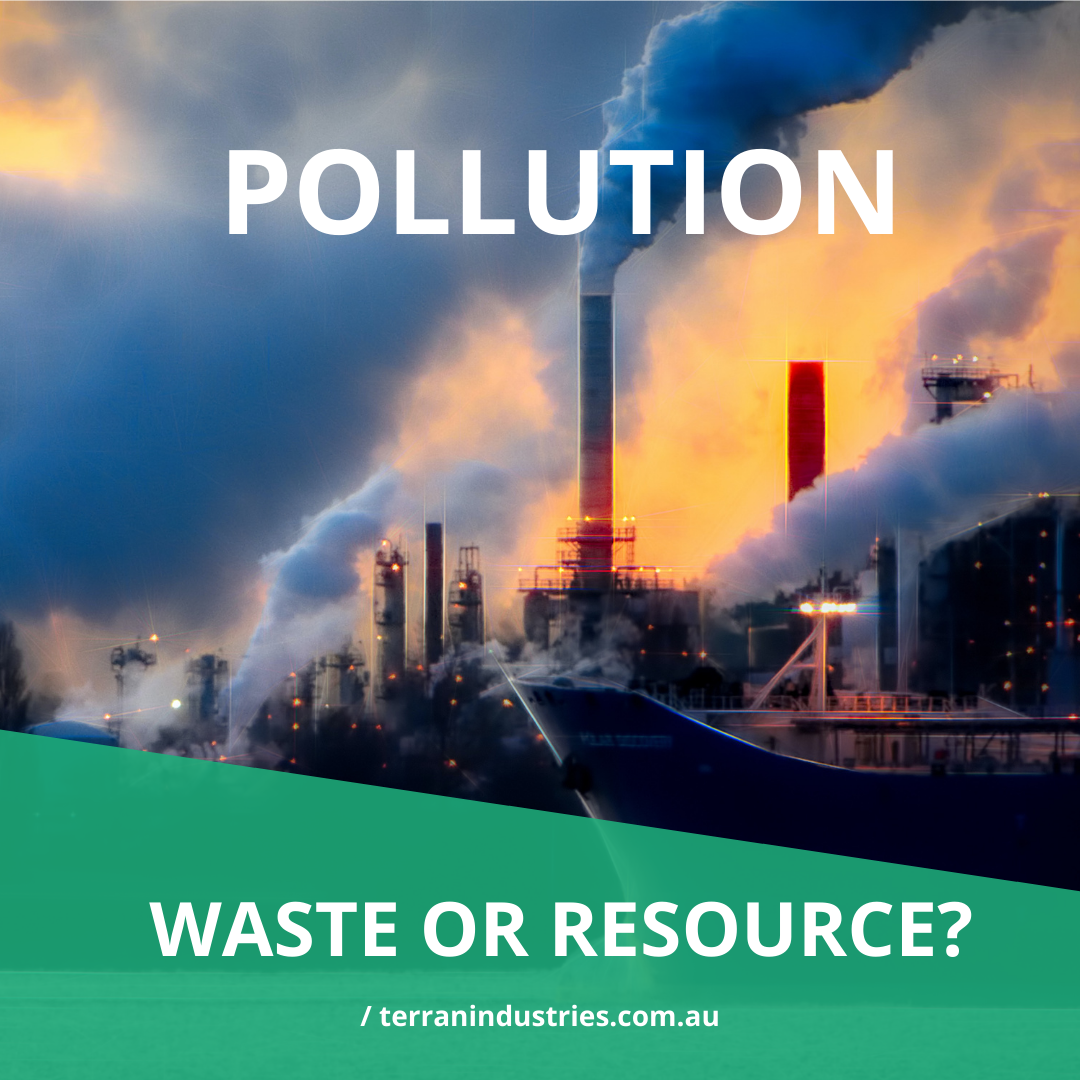BusinessCircular EconomyRecyclingEnvironmentPollution - Waste or Resource?

Pollution is one of the biggest challenges we face as a society. It damages our environment, harms our health, and contributes to climate change.
However, what if we could shift our perspective and see pollution not as a waste but as a resource?
This is where the concept of resource recovery and the circular economy comes into play.
Traditionally, pollution has been viewed as a negative externality that needs to be controlled and eliminated. However, the circular economy approach views waste as a potential resource that can be recovered and reused.
In this way, pollution can be seen as an opportunity to create new products and services, rather than a problem to be solved.
Resource Recovery
Resource recovery involves the process of extracting valuable materials from waste streams and converting them into new products.
This process can be applied to a wide range of waste streams, from household waste to industrial pollution. For example, wastewater can be treated and converted into clean water, while the organic matter in food waste can be turned into compost or biogas.
Circular Economy
The circular economy takes this one step further by creating closed-loop systems where waste is designed out of the process altogether. In a circular economy, products are designed with their end of life in mind, so that they can be easily disassembled, reused, or recycled.
This approach creates a more sustainable and efficient use of resources, reducing the amount of waste generated and maximising the value of resources.
When it comes to pollution, resource recovery and the circular economy can play a significant role in reducing its impact. For example, emissions from factories and power plants can be captured and converted into valuable products like fuel or chemicals. Plastic waste can be recycled and turned into new products, reducing the need for virgin materials. Even the carbon dioxide in the atmosphere can be captured and used to create new materials.
The benefits of resource recovery and the circular economy are not just environmental. They also have significant economic benefits. By turning waste into a resource, we can create new industries and jobs, reduce our dependence on raw materials, and save money on waste disposal costs.
How can businesses help?
To do their part in reducing the impact of pollution, businesses can start by conducting a pollution audit to identify areas where emissions can be reduced and valuable resources can be recovered.
They can also invest in new technologies and infrastructure to enable the capture and conversion of pollutants into valuable products.
Additionally, businesses can collaborate with other stakeholders in their industry to create closed-loop systems where pollution is minimized and resources are maximised.
By doing so, they can not only reduce their environmental impact but also improve their competitiveness in a market where consumers are increasingly prioritizing sustainability.
Ultimately, by adopting a resource recovery and circular economy approach to pollution, businesses can turn what was once considered a negative externality into a source of economic and environmental value.
Conclusion
Pollution should not be considered a waste, but rather as a resource that can be recovered and reused.
Resource recovery and the circular economy offer a new perspective on how we can tackle the challenges of pollution and create a more sustainable future.
By embracing this approach, we can create new opportunities for innovation and economic growth, while also reducing our impact on the environment.

Evannah Jayne
Founder & CEO
A passion for sustainability and a desire to change the world, Evannah seeks to raise awareness of the important issues surrounding our planet today.
